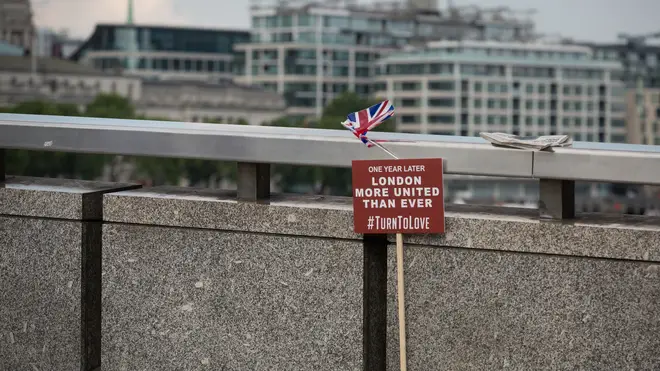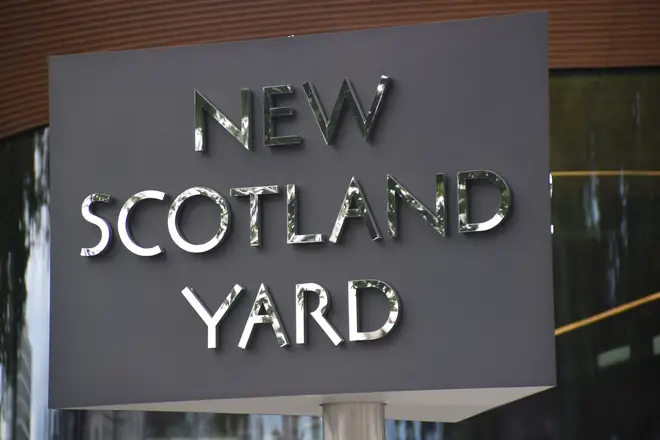
Nick Ferrari 7am - 10am
12 February 2021, 18:11

MI5 had intelligence the Fishmongers' Hall terrorist was plotting an attack before his release from prison, a court has heard.
Convicted terrorist Usman Khan, 28, killed Cambridge University graduates Saskia Jones, 23, and Jack Merritt, 25, during a prisoner rehabilitation event near London Bridge on November 29 2019.
Khan, who was armed with two knives and wore a fake suicide vest, was tackled by members of the public then shot dead by police on London Bridge.
A full inquest, due to start on April 12, will examine how the tragedy happened, and if it could have been stopped.
On Friday, coroner Mark Lucraft QC heard arguments from the victims' families for individual MI5 officers to give evidence, rather than a single high ranking officer, known as Witness A.
Read more: Home Secretary Priti Patel: I wouldn't take the knee
Read more: Operation Midland: Home Secretary Priti Patel asked repeatedly to support Cressida Dick

Nick Armstrong, for the Merritt family, said: "We do not want an overarching narrative, we want the facts, the detailed facts.
"This is about the level of risk Mr Khan represented and the level of unknowns about the risk.
"And the decisions that were taken, despite those unknowns, to let him go to Fishmongers' Hall.
"The fact he was in a high-risk category A shortly before release is significant.
"He spent much of his detention in special units and went straight out into the community without proper scrutiny.
"It would not have taken much in the way of information-sharing or concern to have changed the outcome of this."

London Bridge terror attack: Tobias Ellwood responds
Speaking by videolink to the Old Bailey, Mr Armstrong went on: "MI5 had intelligence before release he was planning a post-release attack.
"That is a matter of obviously great significance."
There was also evidence he had been radicalising other inmates and encouraging violence, the court heard.
The lawyer added that Khan was suspected of "false compliance" and was considering relocating to Pakistan and giving up his nationality.
In response, Jonathan Hough QC, counsel for the coroner, confirmed police and probation service officers would give evidence on the decision-making in Khan's case.
If there was information not disclosed to decision-makers then Witness A could talk about that, he said.
Mr Hough went on: "Decision-makers can be asked what they would have done if that was brought to their attention.
"MI5 had intelligence shortly before his release he might return to his old ways on the outside, ways of terrorist offending."
That intelligence was not particular to security services and was in the records of other agencies, who could give evidence, Mr Hough said.
Khan's desire to return to Pakistan could also be explored by other witnesses, including Witness A, the court heard.
Mr Lucraft set a further pre-inquest hearing for March 25.
It is expected to include an application for some security service documents not to be made public in the interests of national security.